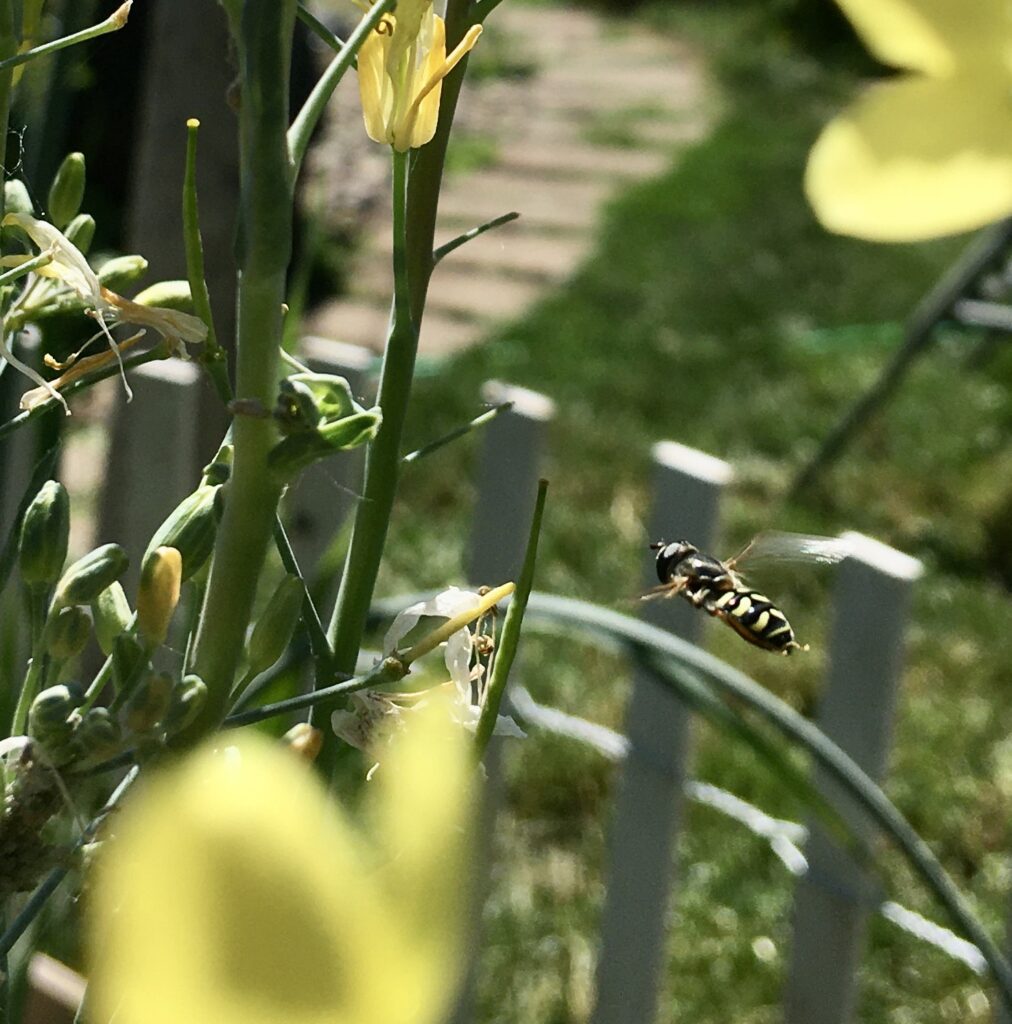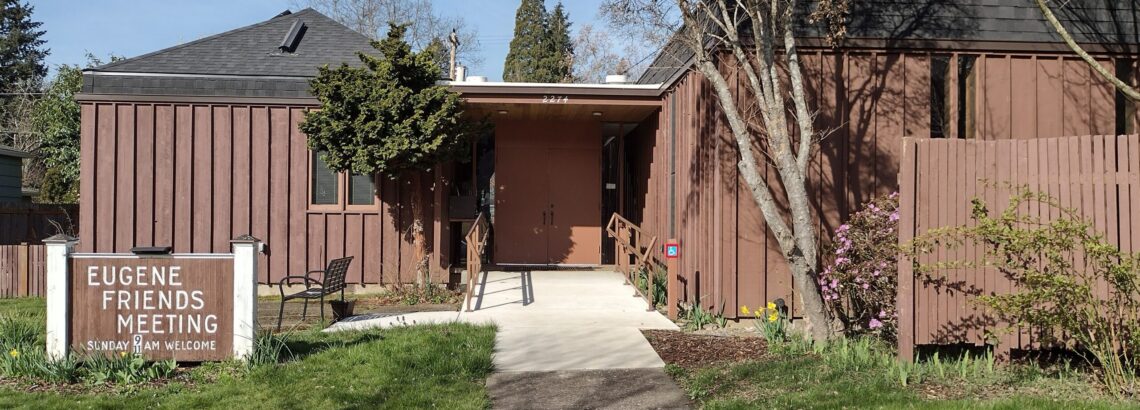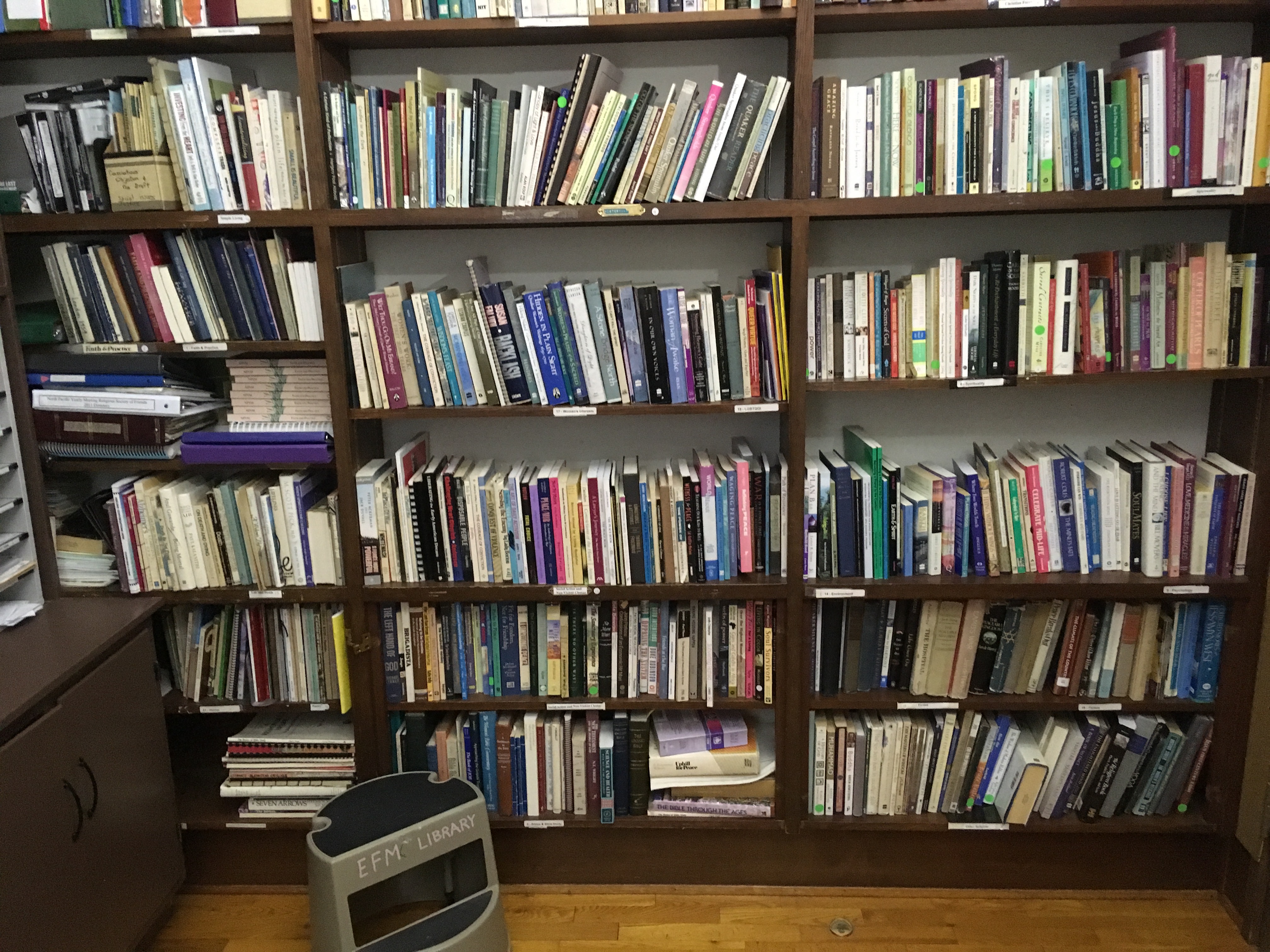
“We are at a critical point of losing so many species from local ecosystems that their ability to produce the oxygen, clean water, flood control, pollination, pest control, carbon storage, etc, that is, the ecosystem services that sustain us, will become seriously compromised.”
~ Doug Tallamy
Bees, butterflies, birds, bats (and more) are critical to ecosystems and human survival, but they are in trouble. Pollinators are dying because their food and homes are disappearing, diseases have increased, and rising temperatures and extreme weather events are affecting their ability to survive.
Indigenous pollinators – those that are native to our ecosystem – especially need our help. Native pollinators do most of the work of sustaining our ecosystem, a large share of sustaining our crops, and also are food for native birds and other animals, and they are radically declining in population.
According to Earth.org, The reduction in pollinators “will directly affect the cultivation and supply of fruits such as kiwi, pumpkins, apples, cocoa, and coffee beans as well as other essential sources of plant-based diets like soybeans and nuts…”
What we can do:
- Anything we do to reduce the impact of climate change will also help pollinators.
- We can create habitat for native pollinators by planting native trees and plants, and / or by allowing non-native weeds to grow in our gardens, which can be stopgap food sources for pollinators in the absence of native alternatives.
- Thirdly, we can advocate for and educate about native pollinators.
More Reading:
Quaker Earthcare Witness: How to Help Pollinators in Your Own Neighborhood


